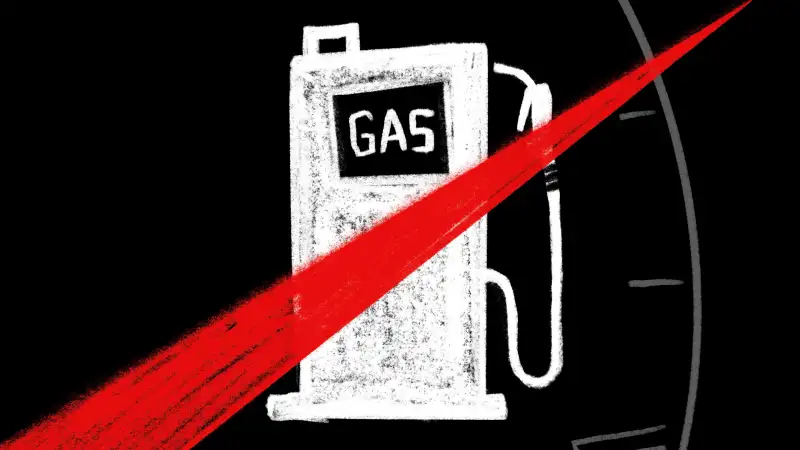Is a Ban on Gas-Powered Cars Coming? How States and Federal Agencies Are Pushing EV Adoption

Electric vehicles only represent about 7% of new vehicle sales in the U.S., but government agencies are pushing EVs to become the standard — and severe restrictions of gas-powered car sales are being proposed to get there.
The most notable proposal at the federal level comes from the Environment Protection Agency. It would essentially require that 67% of new car sales be electric vehicles by the 2032 model year. That would mean EV sales would need to grow tenfold in about 8 years.
The EPA’s proposal presents a significantly more ambitious timeline than what President Joe Biden laid out in an August 2021 executive order. Biden's order called for 50% of new vehicle sales to be electric vehicles or plug-in hybrids by 2030, while the EPA proposal implies 60% of sales would need to be EVs by 2030 — not including hybrids.
The EPA proposal isn’t exactly a “ban” on gas-powered cars. While at least nine states now have plans to ban sales of new gas-powered cars after 2035, neither Biden nor any federal agencies have proposed a date for an outright ban. Other states including Maine are also considering regulation that would restrict sales of new gas-powered cars. (To clarify, these are all bans or restrictions on sales of new cars only and wouldn't apply to the used vehicle market.)
Instead of outright bans, the EPA has proposed new emissions limits and said automakers could meet them if two-thirds of their vehicle sales are fully electric by 2032.
Nigel Zeid, an independent EV educator in Boulder, Colorado, says the government understandably wants to avoid the narrative that it’s going to taking away your right to to buy a gas car.


